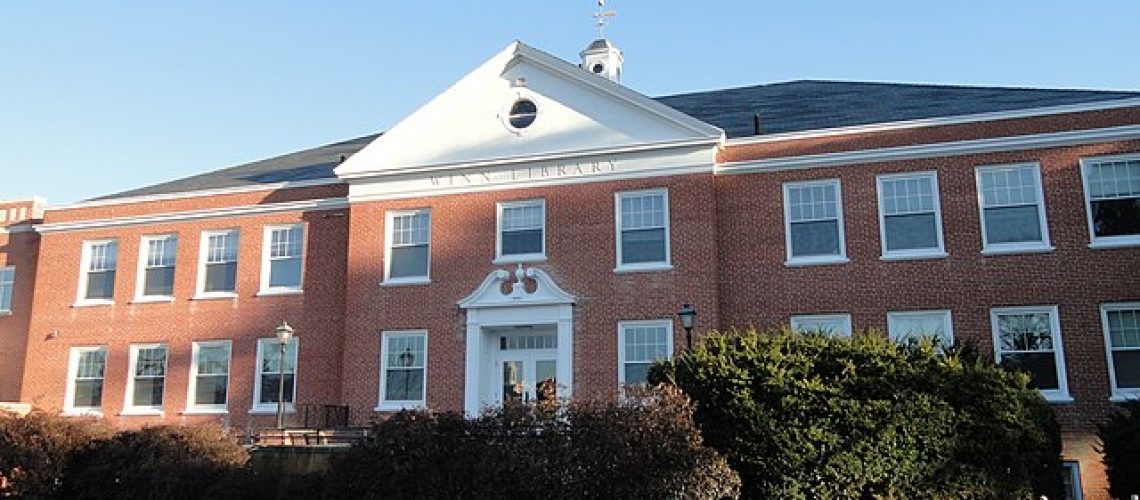The Supreme Court in Hosanna-Tabor (2012) and Our Lady of Guadalupe (2020) embraced what Justice Alito described as the “so-called ministerial exception,” a doctrine that protects religious organizations from application of anti-discrimination laws when dealing with certain employees. Why “so-called”? Because the exemption covers more than just ministers or the top officials of a religious organization. But whom else? Certainly some teachers in church elementary schools, as the Supreme Court held in both of those cases.
The cutting issues now are how to define the other employees who will be covered and who will make the ultimate determination of which individuals qualify. The majority of justices are advancing a loose definition that weighs the employee’s religious duties and functions. But that leads to decisions like the recent one of the highest court in Massachusetts, which ruled, after sifting the evidence, that a social work faculty member of Gordon College, a forthrightly Christian college, was not a “minister.” Yes, the court reasoned, the college required her to integrate a Christian worldview into her teaching and to be a moral exemplar and counselor for her students, but what social work had to do with religion the justices could not see. The problem is deeper than most state court judges went to secular colleges and so “just don’t get it.” The point is that no secular judge should even be trying to figure out whether a faculty member must conform to an avowedly Christian college’s statement of faith and practice for the college to best carry out its mission. That includes U.S. Supreme Court justices.
The Supreme Court in both Hosanna-Tabor and Our Lady of Guadalupe correctly observed that the “ministerial exception” grows out of the larger doctrine of so-called “church autonomy,” so-called because it covers all sincerely religious organizations, not just churches. A key principle of that doctrine is that secular officials have neither the competence nor authority to decide religious questions and, hence, they must keep hands off the internal governance of religious organizations in any way that affects their religious ministry or involves examining religious doctrine. Since whom an organization employs is central to its internal governance, it follows that religious organizations must be the ones to decide which of its employees must comply with its faith and conduct principles. This is the position Justice Thomas espoused in concurrence in both cases, being joined by Justice Gorsuch in Our Lady of Guadalupe.
The Massachusetts court worried that, if it adopted such a principle, then a religious organization could abuse the process by saying that a janitor was protected by the ministerial exception. The implications that motivated the court are all false: religious organizations will not, as a general matter, try to abuse their legal privileges; janitors will not always be outside the proper scope of the exception (for instance, when only the faithful may enter a consecrated area); and, more broadly, there is a well-accepted check on potential abuse that secular courts can administer. That check is that the assertion of the exception by a religious organization must be “sincere” or “in good faith.” In the janitorial and other context, a court could look to see whether the religious organization had consistently imposed faith and practice requirements on those performing the task. Secular courts have applied this limiting principle of good faith for years in cases involving religious claims, and it should be applied in the ministerial exception context as well. The NLF is filing a brief with the U.S. Supreme Court requesting them to review the Gordon College case and to adopt that rule.

